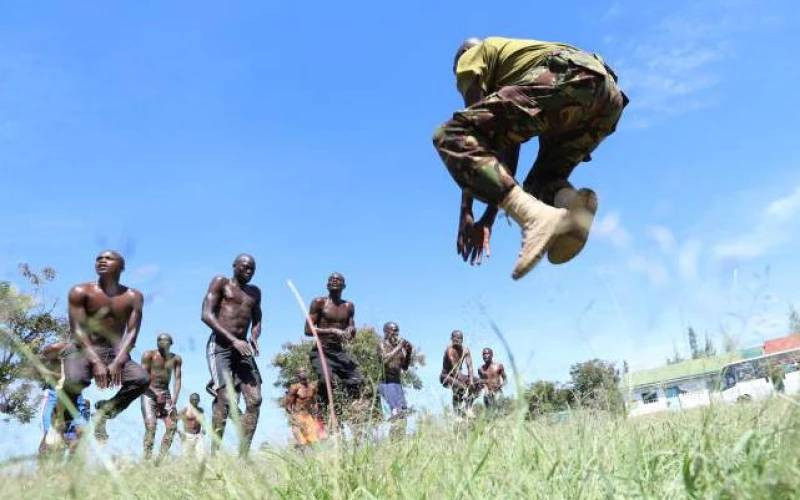Daniel Day-Lewis's Electrifying Return to Cinema in Son's Film 'Anemone'

Daniel Day-Lewis, the acclaimed Oscar-winning actor, made his much-anticipated return to the screen after an eight-year absence, starring in his son Ronan Day-Lewis's directorial debut, “Anemone.” The film premiered on a Sunday afternoon at the New York Film Festival, with Ronan Day-Lewis, who co-wrote the script with his father, expressing deep gratitude to the packed audience at Lincoln Center’s Alice Tully Hall.
The collaboration between father and son was described as "very intuitive" and marked by a "real sense of play and freedom." Daniel Day-Lewis echoed these sentiments, noting their long history of working on creative projects since Ronan was young, which made their on-set dynamic familiar and easy. Ronan also revealed that "Anemone" wasn't their first cinematic team-up, recalling a childhood project of making a fake Nike commercial starring his pet tortoise. For the role of Ray’s estranged brother, Jem, both Day-Lewises agreed that Sean Bean was the only choice. Before filming, Bean bonded with Daniel Day-Lewis in Ireland over "pints of Guinness and whiskey," which was crucial for exploring the brothers' complex relationship.
Set in Northern England, “Anemone” follows Daniel Day-Lewis as Ray, a recluse and former British soldier who has lived in isolation in the woods for two decades. His solitary life is upended when his brother Jem, portrayed by Sean Bean, arrives, forcing Ray to confront his mysterious and troubled past. The cast is rounded out by Samantha Morton as Nessa, Samuel Bottomley as Brian, and Safia Oakley-Green. Ray, characterized as a grizzled hermit with a silver-gray buzzcut and handlebar mustache, carries significant secrets that are gradually revealed through extended monologues, though the film is noted for its sparse dialogue.
Ray's past involves harrowing experiences, including a disturbing act of revenge against a priest who molested him in his youth, described with vivid and unsettling detail. Another key revelation concerns his time as a British soldier during the Troubles, where he was accused of a war crime after a bomb explosion and a decision he believed was humane. The title "Anemone," pronounced uh-NEM-uh-nee, is a flower that, in the film's grand scheme, signifies something meaningful related to loss and new beginnings.
Critically, “Anemone” is largely described as a two-hander set around Ray’s cabin, with critics observing that despite Daniel Day-Lewis’s brilliant acting, the film itself is "aridly pretentious and static," featuring "too much self-conscious art photography and gloomsday indie rock and not enough drama." While Ronan Day-Lewis, a visual artist, shows talent in framing shots and leveraging his father’s mystique, the film’s themes—such as child sexual abuse within the Catholic Church and the Troubles—feel "cherry-picked" and often remain underexplored. The plot, with Jem trying to draw Ray out of exile, is seen as a sly metaphor for Daniel Day-Lewis’s own sabbaticals from acting.
Day-Lewis's return was motivated by a desire to work with his son, having previously expressed sadness at the thought of Ronan making films without his involvement. This isn't his first break from acting; after 1997’s “The Boxer,” he took an extended absence to become a shoemaker in Italy before returning for Martin Scorsese’s 2002 epic “Gangs of New York.” He later clarified in a Rolling Stone interview that he "never intended to retire, really," but rather "just stopped doing that particular type of work so I could do some other work." Day-Lewis, considered one of the finest actors of his generation, has won three Academy Awards for “My Left Foot” (1989), “There Will Be Blood” (2007), and “Lincoln” (2012), and his last role before this return was in Paul Thomas Anderson’s 2017 drama “Phantom Thread,” which earned him his sixth Oscar nomination.
You may also like...
United Front: Africa Declares Autonomy in Shaping Its Own Climate Narrative

The Africa Climate Communication Summit 2025 concluded with a powerful call for Africans to lead their climate narrative...
Africa's Dark Side: Jobless Youth Scammed, Kidnapped, Faced with Terrorism Charges!

Recent revelations have exposed a troubling corruption scandal within the Kenya Defence Forces recruitment, with opportu...
Atiku Blasts President Tinubu's 'Merry' Plateau Visit Amidst Insecurity Victims' Mourning

Atiku Abubakar has sharply criticized President Bola Tinubu's visit to Plateau State for a social event, accusing him of...
Scandal Rocks Presidency: Tinubu's Minister Faces Disowned University Certificate Claims

The University of Nigeria, Nsukka (UNN), has officially disowned the Bachelor of Science degree certificate of Minister ...
Arsenal's Bitter Sweet Win: Rice Haunts West Ham, Saka Scores, But Injuries Loom After Fiery Clash

Arsenal secured a 2-0 victory over West Ham, with Declan Rice scoring against his former club and Bukayo Saka marking hi...
Amorim's Man Utd Fight for Survival: Sunderland Victory Sparks Debate Over Coach's Future Amid Penalty Drama

Manchester United secured a crucial 2-0 victory over Sunderland, easing pressure on manager Ruben Amorim. The match saw ...
Box Office Shocker! Taylor Swift Outperforms 'The Rock's' Biopic Debut

Despite critical acclaim and Oscar buzz for Dwayne Johnson's performance, his new drama, <em>The Smashing Machine</em>, ...
Daniel Day-Lewis Slams Method Acting Critics: 'Everyone Focuses on the Lunatic Details'

Daniel Day-Lewis breaks his retirement to star in "Anemone," an indie drama directed by his son, Ronan. The acclaimed ac...



